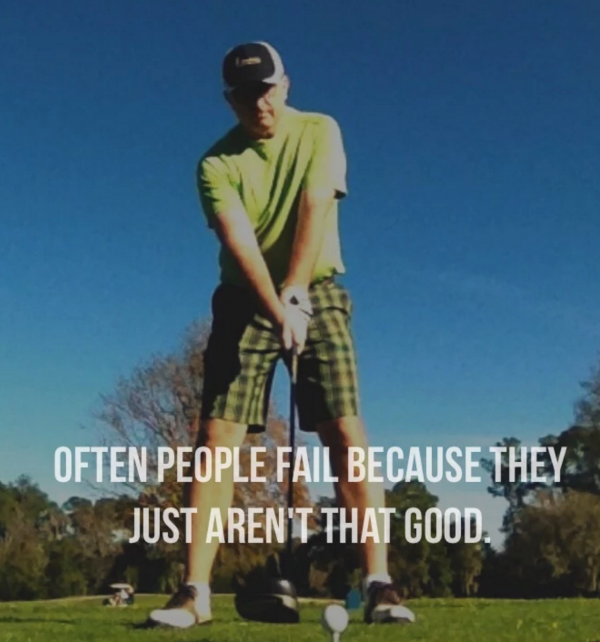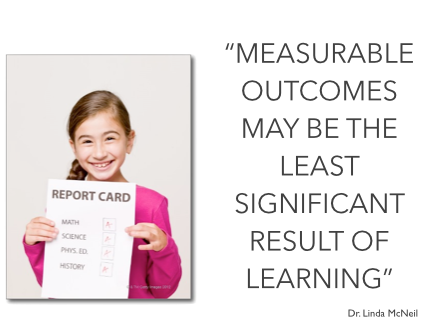Here’s an interesting question:
If all of your standards were erased over night, what would you teach Monday? #edchat
— Zac Chase (@MrChase) February 25, 2017
Think about that one for a while. Your answer will say a lot about what you really believe about learning and education.
I know many would respond with some form or empowering students to make those decisions. In general, this is a good sign, indicating an important shift in what teachers are attempting to do today. However, as much as I personally believe this is a much-needed change, I continue to caution teachers not to abdicate their own responsibility to be a wise and caring adult that at times directs the learning.
Like parenting, schools should be a gradual release of responsibility. The don’t know what they don’t know our experience and understanding of the world, needs to be valued and even shared explicitly at times. I often share with teachers about the move from sage on the stage to guide on the side but always refer to a third position which Erica McWilliams calls “meddler in the middle“. Whenever I share this I’m careful to suggest that this is not a continuum. A great teacher knows how to move agilely between these roles, knowing precisely when to provide direct instruction, when to move out of the way and facilitate and when to learn along side with your students.
I would like to rephrase Zac’s question to focus more on direct instruction and content. I imagine your response would be a combination of personal passion or interest, bigger issues of life, current world events and knowing the needs of your students. Your great unfair advantage is that you bring certain biases, skills, and interests to your students. Often times these are set aside in order to meet curriculum outcomes and also foster the needs and interests of students. But sometimes it’s okay to be a bit selfish. As a parent, I think about the variety of important things I’ve taught my children over the years: Teaching them how to cross the street, exposing them to certain kinds of music and movies, taking them to museums, discussing politics and religion, introducing them to various sports and showing them how to cook. In most cases, these are things they chose or asked to be taught. As parents, we made those choices because they were important things to us and found value in learning them.
 I’m very privileged in that people allow me to speak to teachers and educators for often an hour at a time to essentially say/teach whatever I want. I realize that not every teacher gets that same luxury, even in their own classroom. So with that, let me ask you this.
I’m very privileged in that people allow me to speak to teachers and educators for often an hour at a time to essentially say/teach whatever I want. I realize that not every teacher gets that same luxury, even in their own classroom. So with that, let me ask you this.
“If next week you could provide some type direct instruction to your students, what would you teach?“



